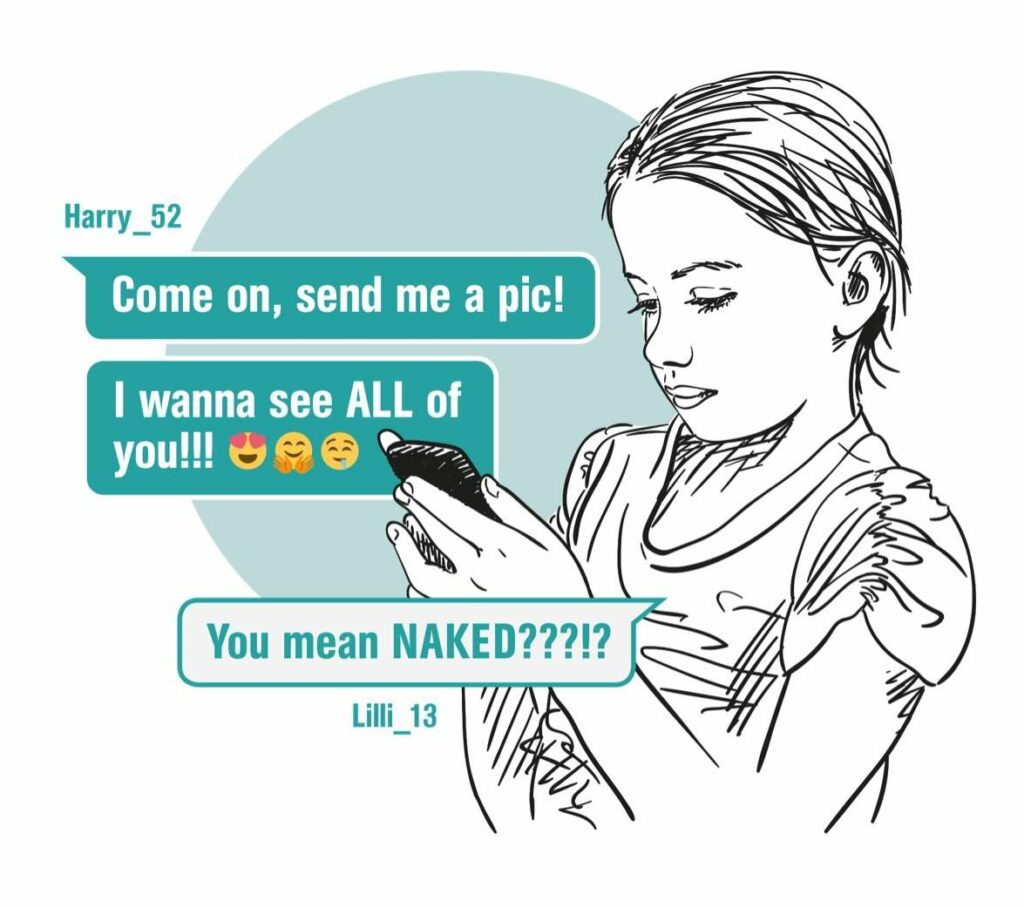Girls as young as six are sending sexually explicit texts during the COVID-19 lockdown, according to a study of 70 million messages by British technology startup SafetoNet. The disturbing figure emerged after British parents were offered a million free downloads of a phone safety app via the Government’s website.
The app is new in its space, offering real-time guidance to children texting, and designed to safeguard against cyberbullying, sexting, and abuse, providing them with immediate feedback before they send messages.
If the app detects a sentence like “you’re an idiot” or “you want to see me naked?” it will not let the child send that message, but rather will offer them prompts telling them to reconsider, like “Uh oh. Are you sure you want to send that?” and “Put yourself in their shoes, would you want to receive that message?” and if the messages become short and clipped, the app may see that as a sign of stress, pulls up breathing exercises to calm down.
After analyzing the 70 million messages sent by children, SafeToNet found that “sexting” by them rose almost 200%, with girls sending the majority of messages.
They report that 13-year-old boys and 11-year-old girls attempted to send the highest proportion of sexts and messages identified as cyber-bullying, but the app also stopped messages being sent from girls as young as six and boys aged nine.
Founder Richard Pursey said his software should be on every child’s phone.
This is happening pretty much every day around the world, and I know it’s happening. And I don’t know these children, but I know today, some children will take their lives. That’s because of things like bullying and sexting, not necessarily because of grooming, it’s just kids being nasty to kids.
I know that well, because I can see from the statistics on my platform, the significant amount of harmful messages that we’re filtering, so we’re hopefully stopping it from happening, but of course, not every child on the planet is using our platform.”
Lest parents run out and install it, the downside is that it does not save a record of the children’s conversation, advertising as a feature that “Parents never get to see what their child is typing.” It does, however, send out a general warning to parents when an incoming message is flagged as very high risk.











